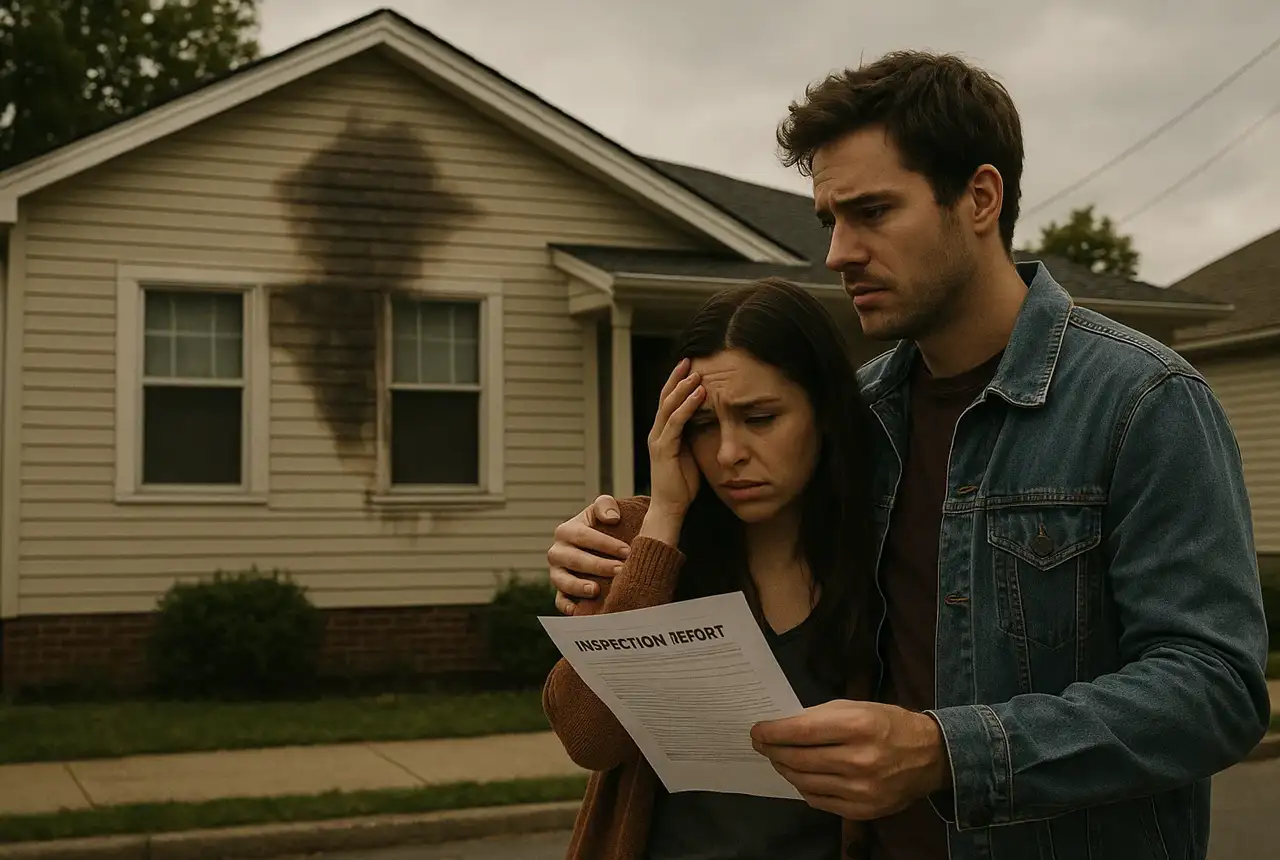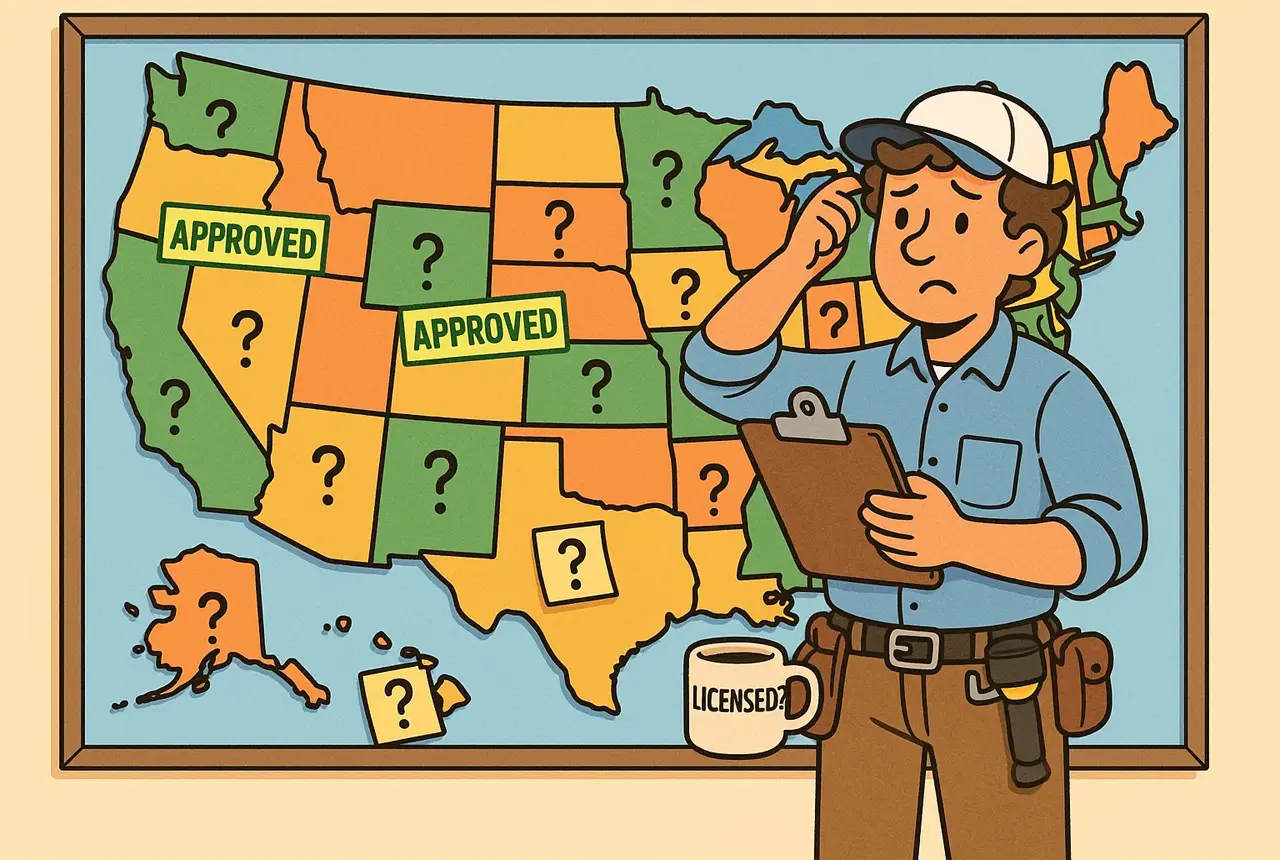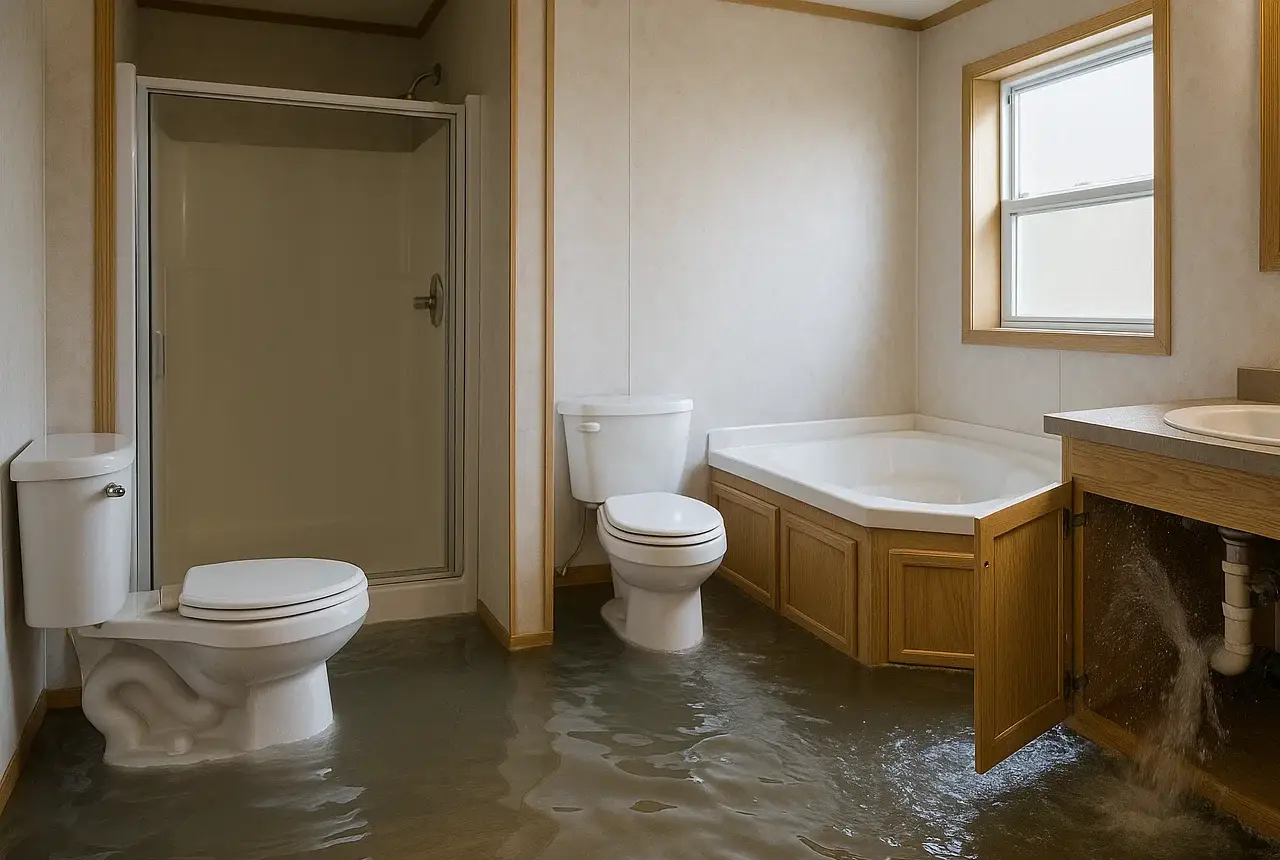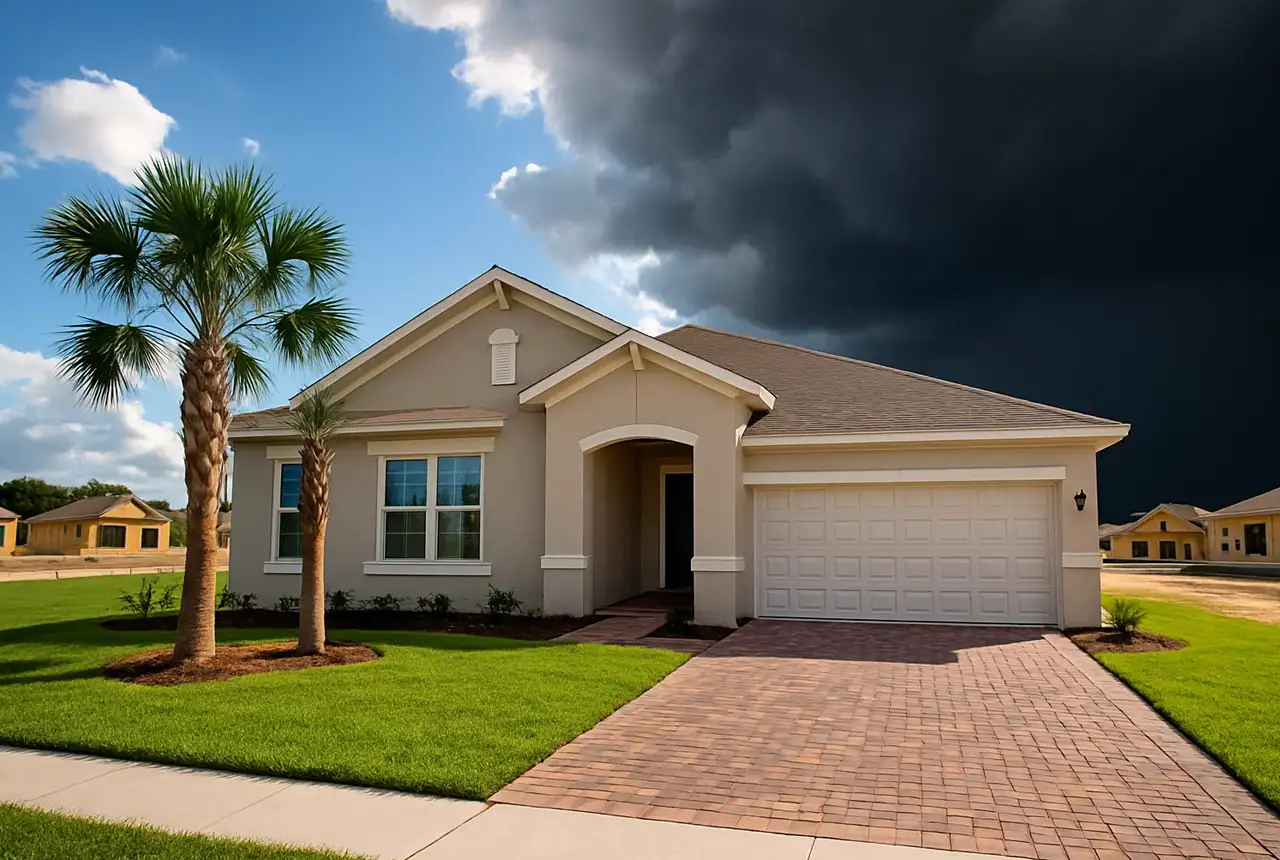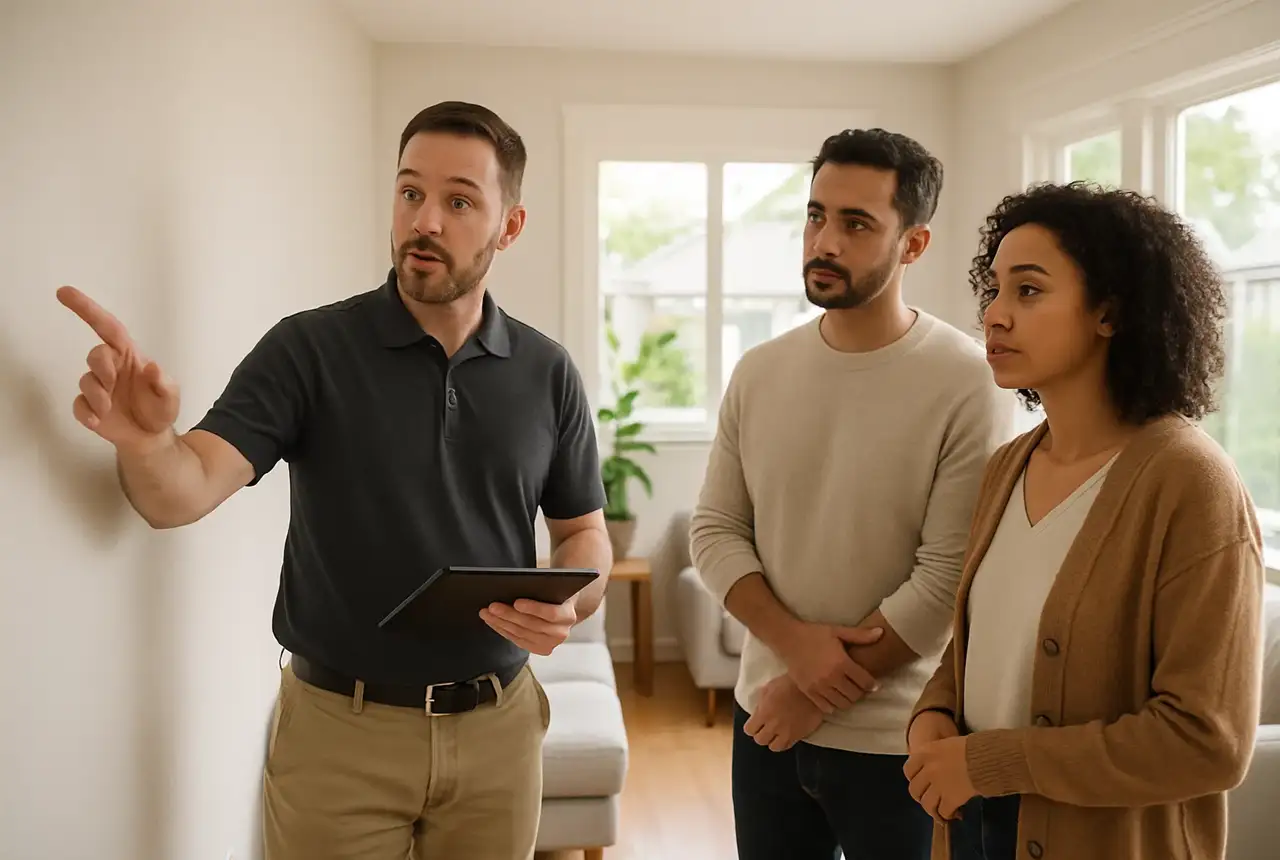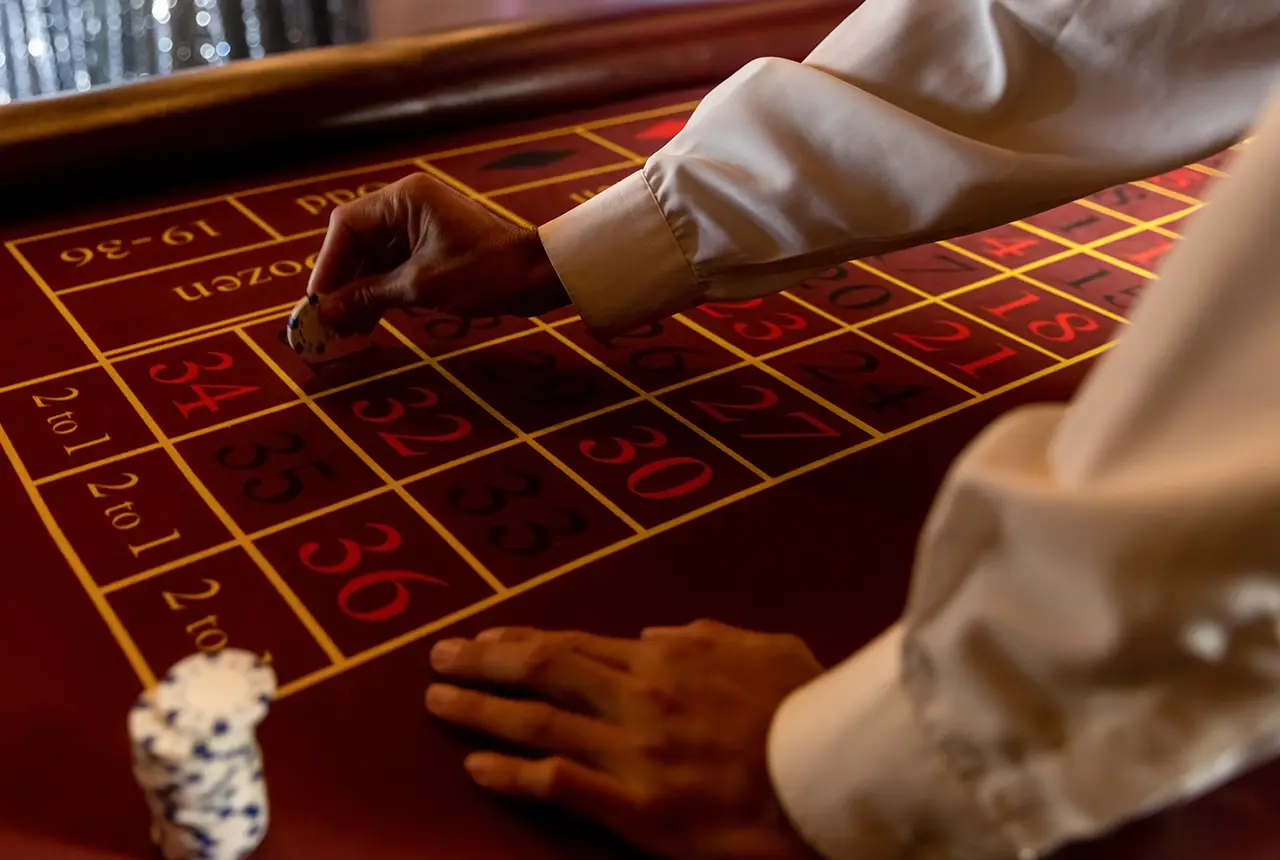Why 'Cheap' Home Inspections Hurt Everyone — Including the Customer
When shopping for a home inspector, it's tempting to treat it like any other price-driven decision: get three quotes, compare the numbers, and pick the lowest. But here's the hard truth — a cheap inspection isn’t a deal; it’s a risk.
The home inspection industry exists to protect one of the largest investments most people will ever make. When that service is underpriced, everyone loses — the customer, the industry, and even the inspector themselves.
1. How a “Race to the Bottom” Puts Your Investment at Risk
A home inspection is a professional service, not a commodity. Inspectors are highly trained professionals responsible for evaluating the largest financial asset most people will ever own. The job demands a deep understanding of complex building systems, a significant investment in diagnostic tools and insurance, and a commitment to continuous education as codes and materials evolve.
But when the market treats inspections like a simple price-driven purchase, a dangerous "race to the bottom" begins. Quality is the first casualty.
When inspectors are forced to slash prices to compete, they must cut corners to stay in business. This creates a chain reaction that directly harms the buyer:
- Less Time on Each Inspection: A thorough inspection takes time. When charging less, an inspector must cram more jobs into a day, meaning less time spent in your potential home's attic, crawlspace, and other critical areas where expensive problems hide.
- Reduced Investment in Quality: Advanced tools like thermal cameras and moisture meters, proper insurance, and vital continuing education are seen as costs to be cut, not essential components of a quality service.
- Poor-Quality Reporting: Detailed, photo-rich reports that give you negotiating power are replaced by vague, generic checklists that offer little real-world value.
- Professional Burnout: Good, experienced inspectors who refuse to compromise on quality get squeezed out of the market, leaving a void filled by less experienced or less scrupulous operators.
Ultimately, this trend hurts the industry's credibility and makes it harder for conscientious buyers to find a true expert. You aren't just paying for a walkthrough; you are supposed to be paying for professional expertise that protects your investment. A cheap inspection often provides a false sense of security, which is the most expensive price to pay.
2. Cheap Inspections Often Mean Rushed Inspections
A high-quality inspection isn’t something you can rush. It takes time to evaluate systems thoroughly, take photos, write an accurate report, and answer client questions. When inspectors charge too little, they have no choice but to take on more jobs per day — and that’s when things get missed.
Even something as simple as not checking the attic or crawl space due to time pressure can lead to thousands in undetected issues.
3. The 0.1% Investment That Protects the Other 99.9%
Let's put the numbers into context. As of July 2025, the median home sale price in Florida is approximately $410,000. A quality inspection for a standard-sized home typically costs around $450.
That means the inspection fee represents just 0.1% of the home's price.
During a home purchase, it's natural to scrutinize every expense. Closing costs add up, and every dollar matters. However, viewing the inspection fee as just another cost misses the bigger picture. It's not an expense; it's a high-leverage investment in risk management.
Think of it this way: You are paying a tiny fraction of the price to:
- Gain negotiating power. An inspection that uncovers $5,000 in needed repairs gives you the leverage to ask for credits or fixes—a massive return on your $450 investment.
- Prevent catastrophic surprises. Discovering a major foundation issue or a failing roof before you buy can save you tens of thousands of dollars and immense stress.
- Get a practical owner's manual. A good report is a roadmap for future maintenance, helping you budget for repairs and protect your asset long-term.
When you frame it as a percentage of the total investment, a quality inspection is one of the most powerful financial protection tools a buyer has.
4. Customers Deserve More Than the Minimum
Buying a home is stressful. Most buyers are making the biggest purchase of their lives. They deserve:
- Time to ask questions
- Clear, detailed reports
- A thorough walkthrough of findings
- A licensed, insured, and reputable professional
That kind of service doesn’t happen at rock-bottom prices. You get what you pay for.
So What’s a Fair Price?
While pricing varies by region, square footage, and services, a solid baseline for a full home inspection is typically:
- $375 to $500* for a Condo
- $400 to $600* for a home up to 2,000 Sq. Ft.
- $700 and up* for larger homes or more complex properties
- Specialty services (radon, mold, sewer scopes, etc.) are usually priced separately and fairly.
Customers should expect to pay for the time, expertise, and risk mitigation that inspectors provide.
* This pricing is based on current market averages. Markets will vary wildly by location, but this number is a reasonable estimate for a baseline price.
The Bottom Line
A cheap inspection may save a little money up front — but it’s a gamble that can cost far more in the long run. Inspectors who charge fairly do so because they value their work, their clients, and the industry.
Don’t shop for the cheapest inspector. Shop for the right one.
